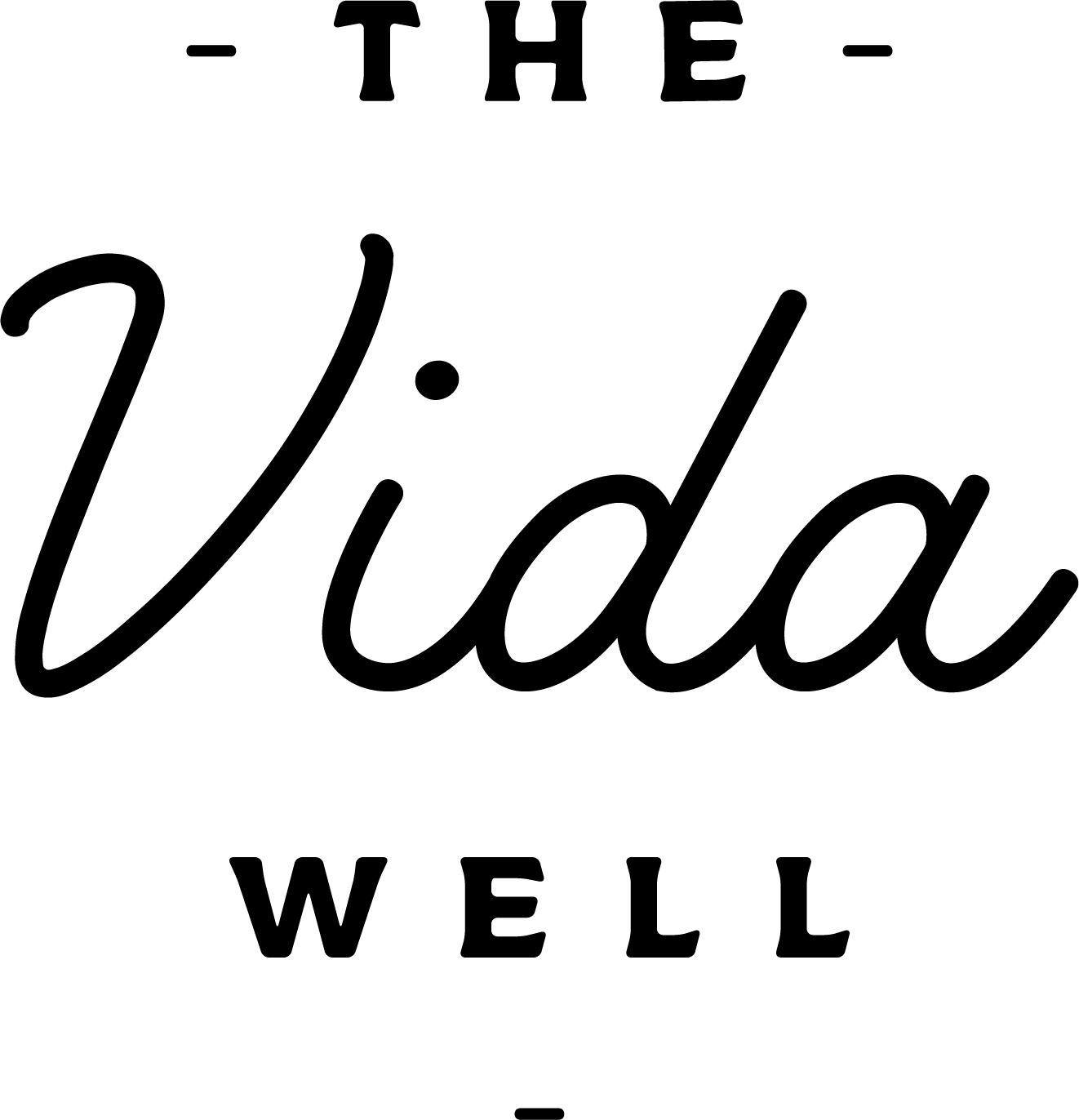Are you inflamed, it might be that bed of yours?
Did you know you spend a third of your life wrapped up in your sheets? What type of sheets do you cuddle up in at night? What do you wash your sheets with?
We are exposed to a plethora of toxins in our daily lives, and while we can't remove every toxin from our life, we can take measures to lessen our exposure to the ones we can control. Since we spend more than one-third of our lives in our bed I wrote up this post as a start to cleaning up that toxic bed of yours!
Are your sheets toxic?
Remember our skin is our largest organ and the body's first defense mechanism. The FDA doesn’t require ingredients to be disclosed for household products. Meaning, what they may say is safe for one person may be harmful to another.
Most dishwashing detergents are made from a petroleum-based mixture of chlorine bleaches and other harmful substances that may cause hormonal issues, lung and eye irritations, intoxication and even cancer.
Read labels people. Or better yet, make your own cleaning products, I bet you already have the ingredients.
THE BAD GUYS
The following list of ingredients come in small amounts, but they add up over time. They have the potential to cause long-term health issues. Plus, like I said, we spend one-third of our lives in our sheets and clothes.
Ammonia This highly harmful chemical can be damaging to your eyes, respiratory tract and skin. A dangerous combination is mixing bleach and ammonia as the fumes can be toxic. Often people don’t know that their dish detergents contain these chemicals.
Coal Tar Dyes These dyes are derived from petrochemicals, and may be contaminated with trace amounts of heavy metals such as arsenic, cadmium and lead. Dyes in cleaning products can be absorbed through the skin or ingested in the case of soap residue on dishes.
Cocamide Dea This is a chemically-modified form of coconut oil carcinogen used as a foaming agent.
Chlorine Bleach Due to the concentration of this cleaning agent, it has also become the #1 cause of household poisoning. Each time you wash your dishes, the detergent residue is left on them, which accumulates with each washing and is picked up next time you use the dish. Further, when chlorine is released, it’s fumes are also released into the air thus causing bronchial issues and asthma.
DEA (Diethanolamine), MEA (Monoethanolamine), TEA (Triethanolamine) These are hormone-disrupting chemicals known to form nitrates and nitrosamines. These ethoxylated alcohols may also be contaminated with a possible human carcinogen that is persistent in the environment and causes asthma, face irritations and other major health issues.
Formaldehyde This chemical is a cancer-causing agent. It has also been found to cause severe asthma and allergies.
Fragrance More than 3000 chemicals are used when making fragrance mixtures. Toxic fragrance compounds coat plates, glasses and silverware, ultimately becoming ingested when used.
Glycol Ethers A grease-cutting compound that can damage developmental and reproductive systems. Overexposure to glycol ethers can cause anemia, intoxication, and irritation of the eyes or nose.
Phosphates According to Cascade’s website, phosphates “help with dishwashing performance by facilitating food removal, removing the calcium that binds these types of foods together, and aided in grease removal. They also help control water hardness and bound/suspended soils within the wash water so they did not redistribute onto plates.” What they did not say is that phosphates pollute lakes, bays, and streams and can create algae blooms and starve fish of oxygen. Luckily, 17 states passed laws requiring the removal of phosphates from detergents, not California.
Sodium Borate Although sodium borate is a “naturally-occurring” mineral, it poses high concerns for hormonal disruption.
WHAT TO USE AT HOME
I personally use my 2.5 super acidic Kangen water (a medical device that kills 99.9 % of salmonella, E-coli, staph and most bacteria) for all my household cleaning and add essential oils. I have taken everything from tomato sauce stains to hot yoga smell using my strong and acidic Kangen water.
There are several simple and inexpensive household substances that are very effective for many types of household cleaning jobs. Especially when applied with a little extra elbow grease.
- White vinegar
- Baking soda
- Lemon juice
- Mild soap (castile)
If you are looking to buy a store brand make sure it is:
Non-toxic
Bleach-free
Sustainable (these are killing our reefs)
Unscented
I like ECLOVER, biokleen, Moly's Suds, and Seventh Generation.


